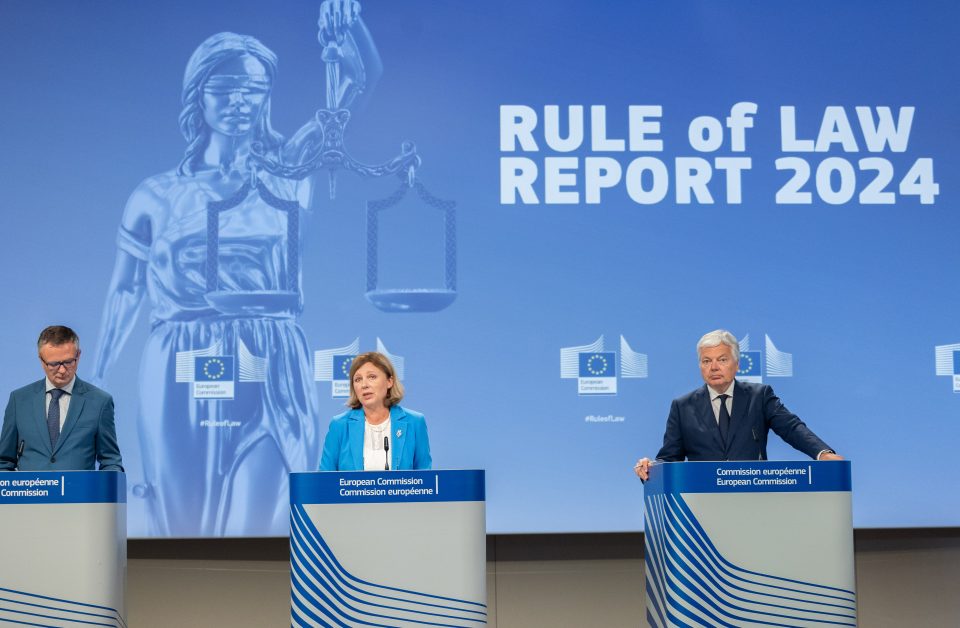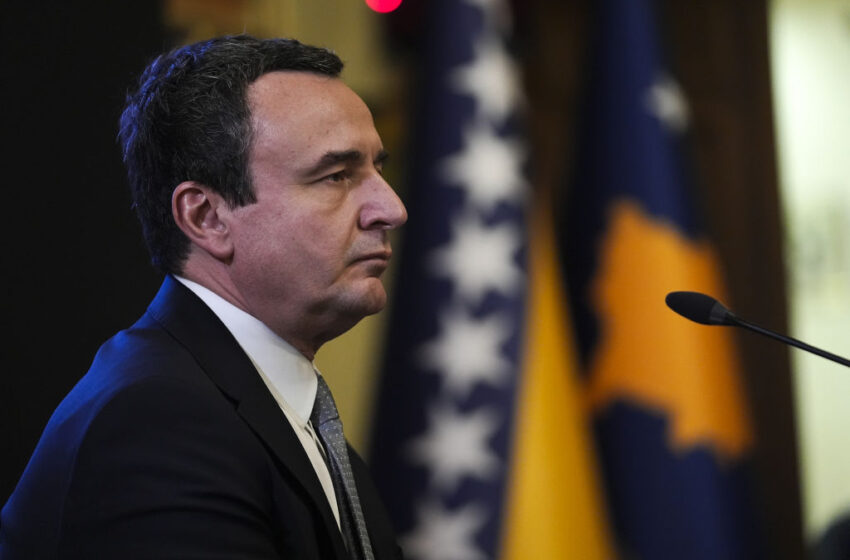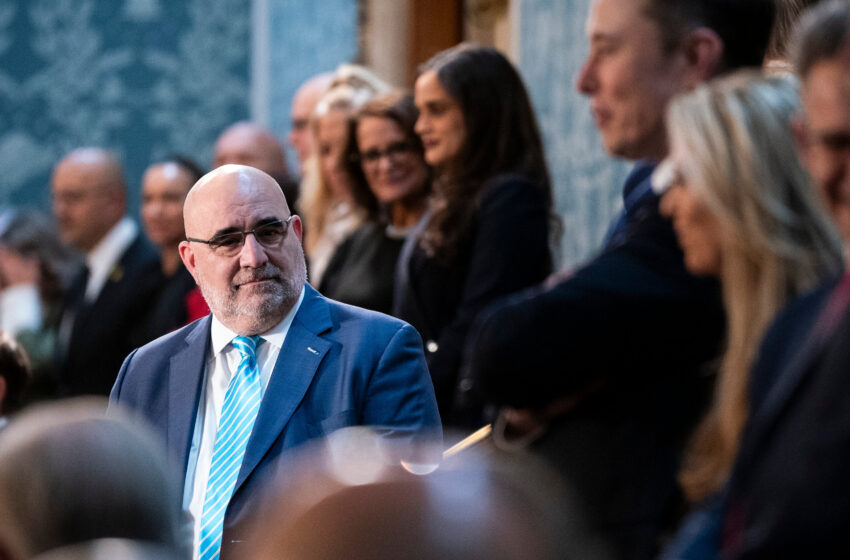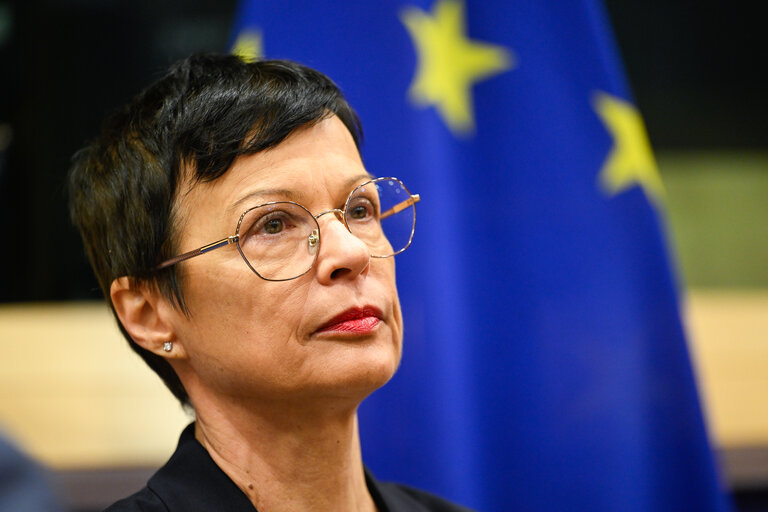Countries in the Western Balkans assessed along with EU member states on rule of law

The European Commission has released the 5th annual Rule of Law Report, assessing the situation across all Member States and, for the first time, four candidate countries from the Western Balkans: Albania, Montenegro, North Macedonia, and Serbia. The reports address four primary areas: the justice system, anti-corruption framework, media pluralism and freedom, and checks and balances.
Why is this relevant
The inclusion of four enlargement countries – selected due to their advanced negotiation status – ensures that they are assessed early in the process on an equal footing with EU Member States.
Context
Since 2020, the European Commission has been issuing the Rule of Law Report as part of the annual Rule of Law Cycle which includes the discussion by the Council and European Parliament, of the Report, recommendations and the follow-up thereto. National parliaments, national authorities, stakeholders and civil society also discuss the Report.
The reports identify the progress and systematic concerns that remain both in the Western Balkan countries and in some member states, including political influence on the judiciary, lack of independence for media regulators, unsafe conditions for journalists, and limitations on national parliaments, as well as insufficient follow-up on recommendations from independent institutions.
The report highlights that Albania has been implementing a substantial judicial reform whereby the entire justice system has been restructured and the vetting of all judges and prosecutors has strengthened accountability.
Albania and Montenegro received a relatively positive assessment regarding their anti-corruption efforts, while North Macedonia and Serbia were assessed more negatively in this area.
On media freedom, the Report highlights the need to strengthen the independence of the audio-visual regulatory authority and the public broadcaster, as well as the framework on transparency of media ownership in all four Western Balkan countries.
The assessment of the situation in EU member states raises the alarm about “certain criminal law reforms” that “risk undermining the fight against corruption.” It singles out Slovakia, where the Parliament in February approved a plan to reduce the penalties for corruption and fraud, and Italy, which recently scrapped the crime of abuse of office.
On media freedom, this year’s report denounces Hungary’s total lack of progress since last year and urges Italy to resume reforms to better protect journalist sources and ensure funding for public media. It also states that France should step up efforts for greater media ownership transparency and Slovakia should “restore and further safeguard” the independence of its public broadcaster.


